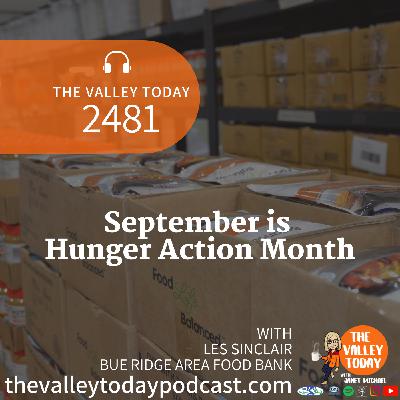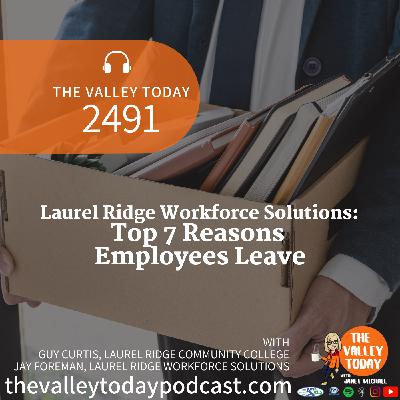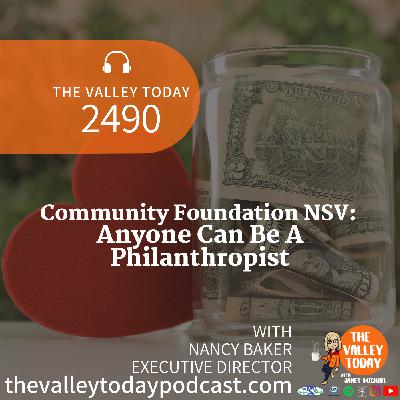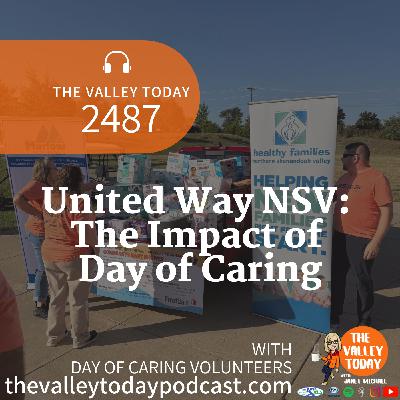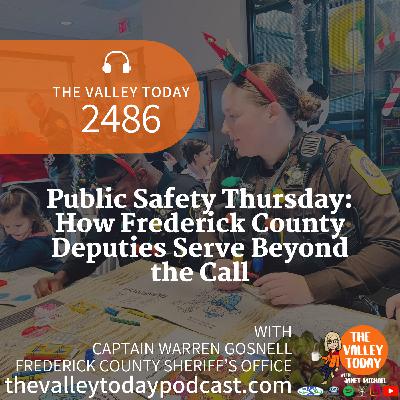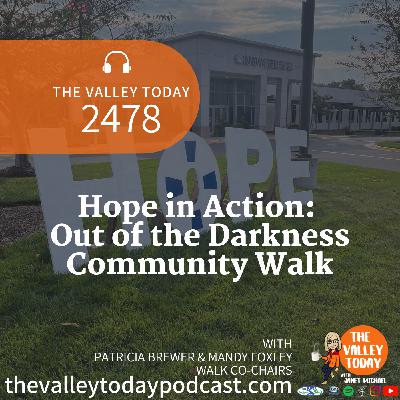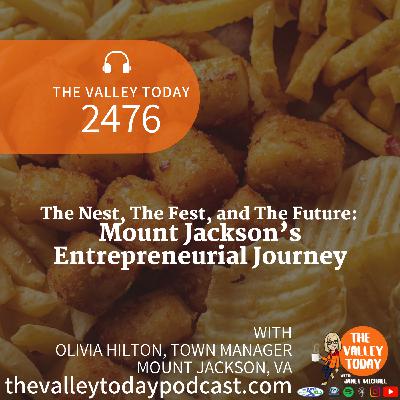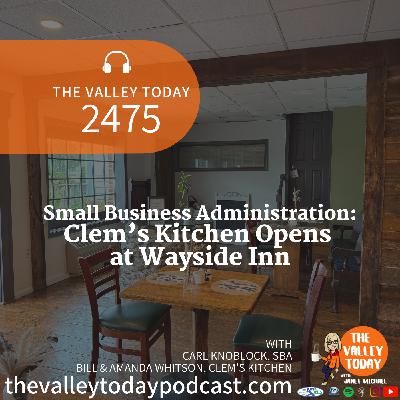Hunger Doesn’t Take a Vacation
Description
When most people think of hunger, they imagine distant places or rare circumstances. But as Janet Michael, host of "The Valley Today," and her guest Les Sinclair, Communications and PR Manager for the Blue Ridge Area Food Bank, reveal in their recent conversation, hunger is a persistent, often invisible challenge right here in our own communities—one that doesn’t care what month it is or what’s on the calendar.
Beyond Hunger Action Month: A Year-Round Crisis
September is recognized as Hunger Action Month, a time when organizations and advocates rally to raise awareness about food insecurity. But as Les points out, “Hunger doesn’t take a vacation. Hunger doesn’t have a calendar. Hunger doesn’t keep a schedule.” The need for food assistance is constant, affecting families, seniors, veterans, and individuals who may be working multiple jobs yet still struggle to put food on the table.
He shares a poignant story of a family forced to sell their couch and kitchen table just to afford food for their children, illustrating the tough choices many face. “It’s an invisible plight,” he says, noting that hunger often hides behind closed doors, affecting people who outwardly seem to be managing.
The Ripple Effects of Food Insecurity
The conversation delves into the broader impacts of hunger, from lost productivity in the workplace to the emotional toll on families. Janet & Les discuss how food is often the first thing sacrificed when money is tight—people skip meals to afford gas for work or pay essential bills. The consequences are far-reaching: children struggle to focus in school, adults become less productive at work, and the stress of food insecurity can lead to isolation and short tempers.
Les references the work of local organizations like Bright Futures, which supports children in need, and highlights the saying, “Hungry stomachs have no ears,” underscoring how difficult it is for children to learn when they’re hungry.
Community Solutions: Food Pantries and the Power of Giving
The Blue Ridge Area Food Bank, along with a network of local pantries and innovative community fridges, plays a crucial role in addressing hunger. Les explains how donations—whether food or money—are maximized through the food bank’s buying power, turning a single dollar into multiple meals. He also describes the logistical support the food bank provides, from refrigeration units to administrative assistance, ensuring that pantries can serve those in need efficiently.
Janet & Les celebrate the rise of community fridges, where anyone can anonymously donate food, and emphasize that every little bit helps. “If you can buy an extra gallon of milk or a bag of apples, you can make a difference,” Janet says.
The Policy Landscape: Government Shutdowns and Nutrition Programs
The discussion turns to the impact of government policies on food security. With the threat of a government shutdown looming, Les explains how federal employees and contractors—many living paycheck to paycheck—can suddenly find themselves in need of food assistance. The ripple effect extends to local businesses and the broader economy, as uncertainty leads people to cut back on spending.
Les also highlights the importance of federal nutrition programs like SNAP and the Emergency Food Assistance Program, which not only help individuals but also stimulate local economies. He urges listeners to advocate for strong, fully funded nutrition programs and to reach out to elected officials, noting that hunger is a bipartisan issue that affects everyone, regardless of background or political affiliation. Reach Congressman Ben Cline's office here: https://cline.house.gov/
A Call to Action: Volunteer, Donate, Advocate
As the episode draws to a close, Janet and Les encourage listeners to get involved. Volunteerism is down nationwide, but the need is greater than ever. Whether it’s stocking shelves, offering administrative skills, or simply sharing information on social media, every contribution counts. The Blue Ridge Area Food Bank’s website offers resources for finding local pantries, making donations, and signing up to volunteer.
“Hunger doesn’t care about your race, creed, or political party,” Les reminds us. “We just want to make sure people have the food they need so they can thrive.”
Conclusion
The fight against hunger is ongoing, and it requires the collective effort of individuals, organizations, and policymakers. As this conversation makes clear, everyone has a role to play—whether by donating, volunteering, or raising awareness. Because in the end, everyone deserves enough to eat.
For more information or to get involved, visit the Blue Ridge Area Food Bank at BRAFb.org.

